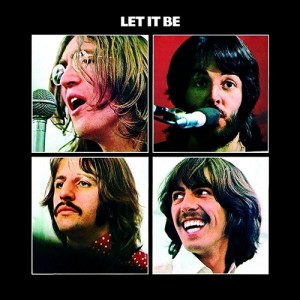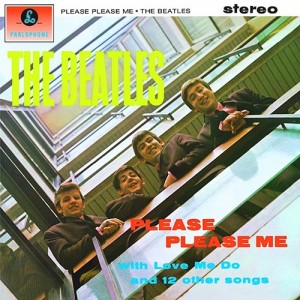

Let It Be
The only Beatles album to occasion negative, even hostile reviews, there are few other rock records as controversial as Let It Be. First off, several facts need to be explained: although released in May 1970, this was not their final album, but largely recorded in early 1969, way before Abbey Road. Phil Spector was enlisted in early 1970 to do some post-production work, but did not work with the band as a unit, as George Martin and Glyn Johns had on the sessions themselves; Spector's work was limited to mixing and some overdubs. And, although his use of strings has generated much criticism, by and large he left the original performances to stand as is: only "The Long and Winding Road" and (to a lesser degree) "Across the Universe" and "I Me Mine" get the wall-of-sound layers of strings and female choruses. Although most of the album, then, has a live-in-the-studio feel, the main problem was that the material wasn't uniformly strong, and that the Beatles themselves were in fairly lousy moods due to inter-group tension. All that said, the album is on the whole underrated, even discounting the fact that a sub-standard Beatles record is better than almost any other group's best work. McCartney in particular offers several gems: the gospelish "Let It Be," which has some of his best lyrics; "Get Back," one of his hardest rockers; and the melodic "The Long and Winding Road," ruined by Spector's heavy-handed overdubs (the superior string-less, choir-less version was finally released on Anthology Vol. 3). The folky "Two of Us," with John and Paul harmonizing together, was also a highlight. Most of the rest of the material, by contrast, was going through the motions to some degree, although there are some good moments of straight hard rock in "I've Got a Feeling" and "Dig a Pony." As flawed and bumpy as it is, it's an album well worth having, as when the Beatles were in top form here, they were as good as ever.
- 12 Songs
- 1970 Released
Comments

















